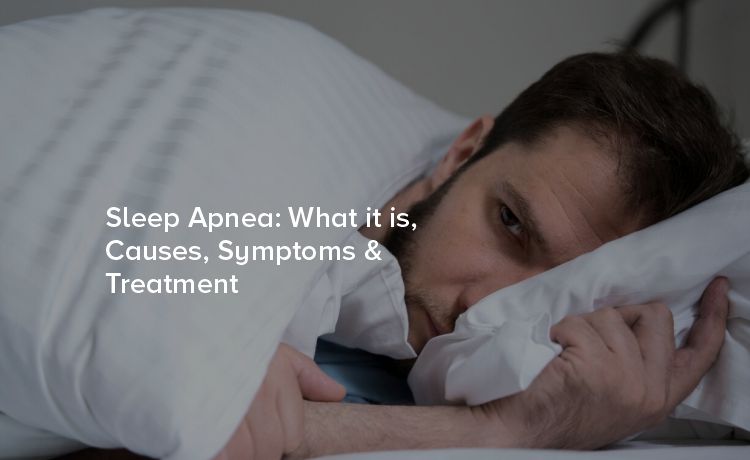
Sleep apnea is a common but serious sleep disorder where breathing repeatedly stops and starts during sleep. This condition can lead to daytime fatigue, cardiovascular problems, and other health issues if left untreated.
Sleep apnea is characterized by pauses in breathing or shallow breaths while you sleep. These pauses can last for few seconds to minutes and may occur 30 times or more an hour. Typically, normal breathing then restarts again, with a loud snort or choking sound. The main types of sleep apnea are obstructive sleep apnea, the more common form that occurs when throat muscles relax, differs from central sleep apnea, which occurs when your brain doesn't send proper signals to the muscles that control breathing.
The causes of sleep apnea vary depending on the type. Obstructive sleep apnea occurs when the muscles in the back of your throat relax excessively to allow normal breathing. These muscles support structures like the soft palate, the uvula, the tonsils, and the tongue. When the muscles relax, your airway narrows or closes as you breathe in, healing to cutting off breathing momentarily.
Central sleep apnea is less common and occurs when your brain fails to transmit signals to your breathing muscles. This means you make no effort to breathe for certain duration of time.
Risk factors for sleep apnea include obesity, narrowed airway, high blood pressure, chronic nasal congestion, smoking, diabetes, and being male, among others.
Recognizing the symptoms of sleep apnea can be tricky because they occur during sleep. Symptoms may include:
It's important to note that not everyone who snores has sleep apnea, and not everyone who has sleep apnea snores. However, loud and persistent snoring is a key indicator, especially when paired with daytime fatigue.
Treatment for sleep apnea may vary depending on the severity of the condition and the underlying cause. Here are some of the most common treatment options:
For mild cases of sleep apnea, doctors might recommend lifestyle changes such as losing weight, quitting smoking, or treating nasal allergies.
The most common method used for moderate to severe sleep apnea is a CPAP machine. This device uses a mask that fits over your nose or mouth, blowing air into the airways to keep them open during sleep while maintain pressures.
Another option is wearing an oral appliance designed to keep your throat open. These devices can help keep the airway open by bringing your jaw forward, which can sometimes relieve snoring and mild obstructive sleep apnea.
Surgery might be if medical management doesn’t improve obstructive sleep Apnea then surgical options vary and can include procedures to remove tissue from the back of your tongue to top of your throat, reposition considered for better outcome of the jaw, or implant plastic rods into the soft palate.
If you suspect you have sleep apnea, it’s crucial to consult a doctor. A healthcare provider can conduct an evaluation based on your signs, symptoms, and sleep history or refer you to a sleep disorder center for further testing.
Sleep apnea is a serious condition that can significantly impact your health and quality of life. Understanding the causes, recognizing the symptoms, and exploring treatment options are important steps towards managing this sleep disorder. If you or someone you know is experiencing signs of sleep apnea, seeking medical advice is essential for driving a path to better sleep and better health. Citizens Specialty Hospital is the top ENT hospital in Hyderabad. Book an appointment with our experts now.